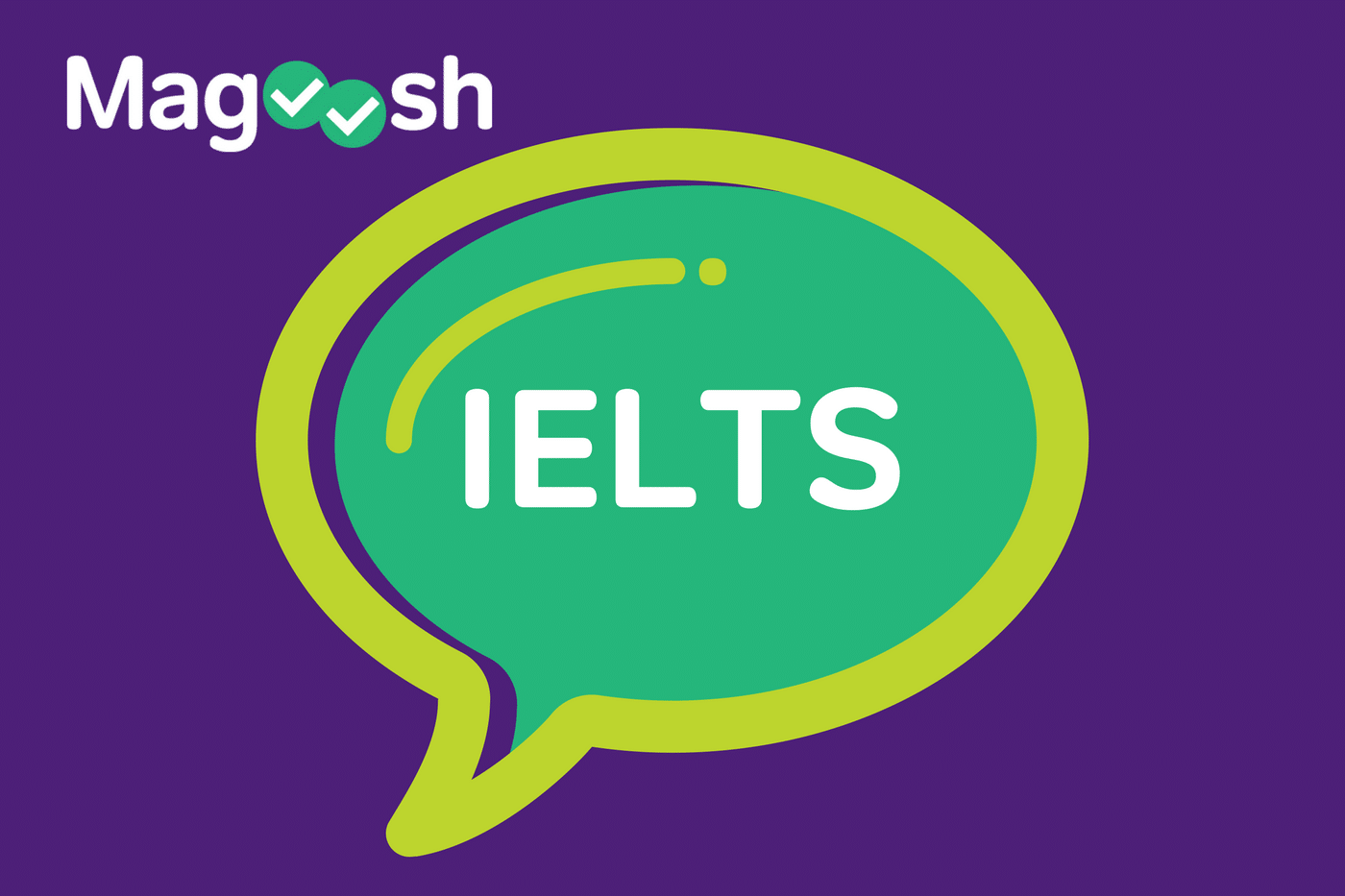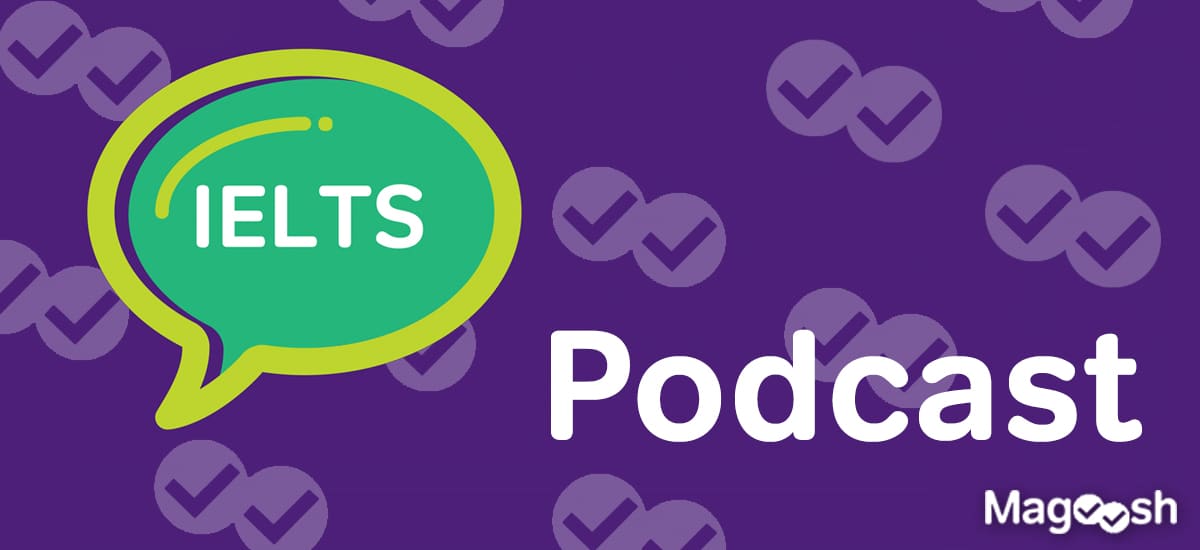
Vocabulary Lesson 5: Travel
Listen and subscribe on iTunes or Stitcher. Or listen right here:
In this episode of the Magoosh IELTS podcast, your teacher Eliot Friesen explains how to use four words all related to travel: Accommodation, Transport, Attractions, and High Rise.
Travel and locations are commonly discussed in IELTS Listening conversations, as well as in some IELTS Listening solo speeches.
If you like this lesson, please subscribe on iTunes or Stitcher for more IELTS Vocabulary lessons, and check out all of our IELTS Podcast episodes here!
Download the complete list of IELTS Vocabulary words.

IELTS Podcast: Episode 5 Transcript
(Translations: فارسی, Tiếng Việt, हिंदी, Português)
Welcome to the Magoosh IELTS Vocabulary Podcast. This is Lesson 5. In this episode, we will cover four words, all related to travel: Accommodation, Transport, Attractions, and High Rise.
Don’t forget to check out our show notes for a link to your free IELTS vocabulary list containing these words and others, and visit us at IELTS.Magoosh.com for more great resources to improve your IELTS band score.
Okay! Let’s get started.
I’d like to introduce you to your teacher, Eliot. He is the Magoosh IELTS expert and, here’s a fun fact about Eliot: Although he has spent most of his life in the United States, Eliot has also lived in the Netherlands, Germany, Costa Rica, and the Dominican Republic.
Eliot Intro
Hello Magoosh IELTS podcast listeners, welcome to today’s show. I’m Eliot, the IELTS expert from Magoosh. Today, we’re going to look at four words that will be useful for the Listening section of the IELTS. Travel and locations are commonly discussed in IELTS Listening conversations, as well as in some IELTS Listening solo speeches. So we’re going to go over a few good vocab words that you might hear in the Listening section.
As always, make sure to go to the link in the show notes to get the full list of vocabulary words.
Once again, the theme for the words in today’s episode is travel, and things you might come across as a traveller.
Accommodation
So let’s get started. The first word on our list is accommodation. So let’s start with that one, okay?
What does the word “accommodation” mean? Well, on the IELTS, “accommodation” has two meanings.
First of all, accommodation can mean the place where you live. Maybe you live in a house. Or maybe you live on a boat. Maybe you live on a house-boat. Whatever your housing situation is, the place where you live is called your “accommodation.” It’s very likely that accommodation will be used this way in the IELTS Speaking section, where you may be asked to describe the accommodation you live in.
However, “accommodation” can also refer to the places people stay when they are travelling, places such as hotels, inns, and hostels — rather than their permanent homes. So in the IELTS Listening section, maybe an audio track is about travel, the word “accommodation” is probably being used to talk about the place someone is staying temporarily while traveling.
So, that’s accommodation.
Transport
The next word is transport.
So, what does transport mean?
Well, the word “transport” refers to the way that people move from one place to another, if they aren’t walking. In IELTS conversations, there is often talk about long distance transport, such as trains and airplanes taken to holiday destinations.
The IELTS may also include discussions about transport within a town or neighbourhood. In these cases, transport could be by a car, bicycle, scooter, or bus, which are all ways you might get to local places like work, school, or the supermarket.
Transport is the name for whatever you use to get around. So if someone asked what form of transport you use to get to school, you might say “the bus” or “my car” or “a bike”, depending on how it is that you get to school.
So that’s transport.
Attractions
The next word is attractions.
What does attractions mean?
Well, in IELTS conversations about travel and places, “attractions” refers to tourist attractions, which are interesting places that tourists like to visit.
Attractions are often places with historical or cultural value, such as cathedrals, museums, or other landmarks, like the Golden Gate Bridge in San Francisco. Attractions can also be places of great natural beauty, like the Great Barrier Reef in Australia or the Grand Canyon in Arizona.
The root of the word attractions is attract, which means to make someone interested in something. So attractions are the interesting places that tourists and travelers want to visit.
So that’s attractions.
High Rise
The final word today is high rise.
What does high rise mean?
Well, a “high rise” is a very tall building, often seen in a city center. High rise buildings are especially common in and around the main square of a city center or the downtown area. Another word for high rise is skyscraper, which you may have heard before.
Big cities like Tokyo and New York City have a lot of high rises, while smaller cities like San Francisco only have a few high rises, which are usually built in the center of the city.
If you can recognize a city just by looking at a photograph of it, you are probably recognizing the unique high rises that make up the city’s skyline. For example, the Empire State Building is one of New York City’s most recognizable high rises, and you’ll see its image on a lot of postcards from New York.
So that’s high rise.
Outro
Great! In this episode you learned 4 words related to travel – for more words, download the full list of vocabulary in the show notes and tune in to the next episode.
If you like our show, help us out by leaving a rating and review in iTunes and don’t forget to hit the subscribe button. Until next time! This is Naomi at Magoosh wishing you happy studying.


